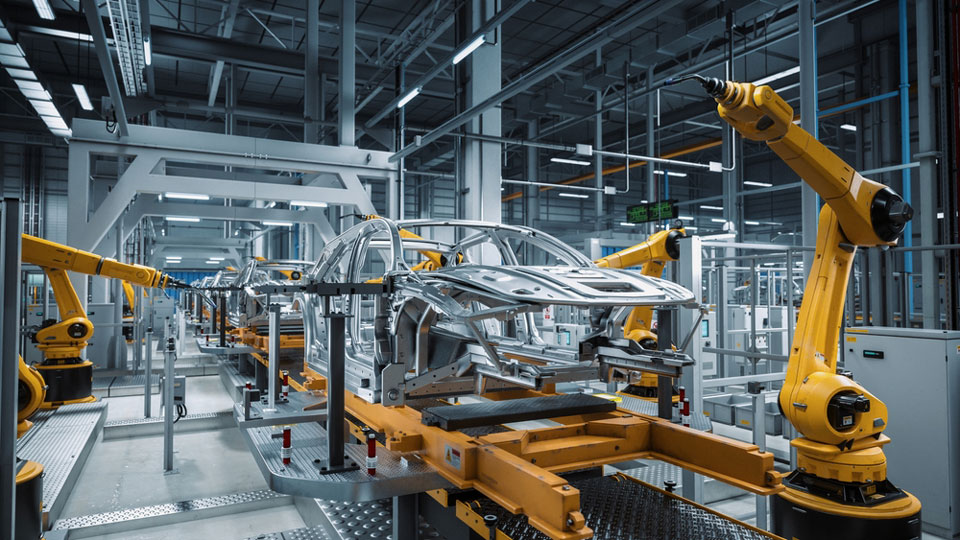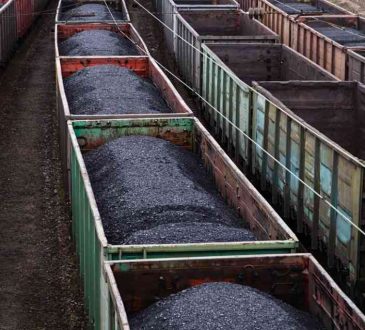Global CEO Survey, 2024: Preparing for a severe economic downturn

According to the Global CEO Survey conducted by CEOWORLD magazine, a majority of CEOs (98% globally) are anticipating an economic downturn, which geopolitical tensions and disruption in the global supply chain will characterize. However, they are divided on the length, depth, and severity of the impending recession. The survey recorded the views of 126,500 CEOs from across the world, and it revealed that CEOs from the US, Asia, Europe, and globally are preparing for a severe economic downturn. Approximately half of them fear that the recession might be worse than the global financial crisis of 2007-08 in terms of its length and severity.
Nearly one-third of respondents worldwide (30% globally) believe that the uncertainty surrounding monetary policy direction and the rise in capital costs are the biggest risks to their business growth in the future. The percentage was highest in the US (32%), followed by Europe (28%) and Asia (27%). Although concerns over restrictive regulations and trade and investment policies have decreased, 26% of CEOs globally, including American CEOs (30%), European CEOs (28%), and Asian CEOs (25%), still consider it a significant business risk.
CEOs eye deals as routes to growth: CEOs across Europe, Asia, and America actively seek opportunities to gain a competitive advantage despite the negative outlook. Almost all of them, 92% of European CEOs (92% globally, 86% in Asia, and 92% in America), are prioritizing deal-making in the next 12 months. Such deals include mergers and acquisitions, divestments, joint ventures, or strategic alliances with third parties. Of these deal-making activities, 65% of European respondents (67% globally, 62% in Asia, and 63% in America) are targeting mergers and acquisitions or divestments.
To make a stronger comeback and remain competitive in the market despite the downturn, a significant portion of global respondents (22%) – with Europe (25%), Asia (28%), and America (23%) included – plan to increase investment in sustainability as a core aspect of their strategy and offering. This includes prioritizing net zero and other environmental and societal goals. Additionally, a third of respondents (33% globally) are planning to increase investment in talent, which includes workforce wellbeing and skills development. This investment is expected to rise in America (31%), Europe (35%), and Asia (26%).
The Global CEO Survey conducted in January 2024 finds that 68% of CEOs identified geopolitical tensions and disruptions in the global supply chain as paramount risks to their businesses. This finding underscores a growing awareness within the corporate sphere of the intricate interplay between political dynamics and economic stability. Such insights shed light on contemporary enterprises’ multifaceted challenges, urging proactive strategies to navigate the complexities of an increasingly interconnected world.
The prominence accorded to geopolitical tensions reflects a sobering recognition of the impact that political uncertainties can wield on commercial operations. In an era marked by shifting alliances, trade disputes, and regional conflicts, CEOs grapple with the unpredictable ramifications of geopolitical decisions on market dynamics, regulatory frameworks, and consumer behavior. The survey findings illuminate a palpable apprehension among business leaders regarding the potential disruptions emanating from geopolitical flashpoints, underscoring the imperative for agile risk management strategies tailored to navigate the fluid geopolitical landscape.
Simultaneously, the spotlight on disruptions in the global supply chain underscores the vulnerability of modern enterprises to systemic shocks reverberating across interconnected markets. The cascading effects of supply chain disruptions, whether triggered by natural disasters, pandemics, or trade barriers, lay bare the intricacies of global interdependence and the fragility of traditional supply chain models. CEOs confront the daunting task of fortifying their supply chains against unforeseen disruptions while optimizing efficiency and resilience—a delicate balancing act necessitating innovative solutions and strategic partnerships.
Moreover, the confluence of geopolitical tensions and supply chain disruptions exacerbates the complexity of risk management for CEOs, amplifying the need for holistic approaches that transcend conventional silos. The interplay between political instability and supply chain vulnerabilities creates a nexus of risks that demands nuanced understanding and proactive mitigation strategies. CEOs must adopt a comprehensive risk management framework encompassing geopolitical analysis, supply chain optimization, and scenario planning to identify and address emergent threats preemptively.
Beyond risk mitigation, the survey findings underscore the imperative for collaboration and collective action in addressing systemic challenges confronting the global business community. In an era defined by uncertainty and volatility, the resilience of individual enterprises hinges upon collective efforts to foster a conducive environment for sustainable growth and innovation. Collaborative initiatives encompassing public-private partnerships, industry alliances, and cross-sectoral cooperation emerge as indispensable tools in mitigating risks, enhancing resilience, and fostering a more robust global economic ecosystem.
India: a solution to global supply-chain issues
The current geopolitical changes have caused uncertainty in the global economy. The supply chain disruptions initially caused by the COVID-19 pandemic have worsened due to conflicts in Ukraine and the Middle East, which now threaten global economic security. Additionally, the trade tensions between China and the US have highlighted the vulnerability of the global economy to overreliance on a few countries for critical raw materials, components, and products across various sectors. Despite facing challenges, India is taking proactive measures to become a significant player in the global supply chain.
A recent survey by CEOWORLD magazine revealed that more than 86% of manufacturing CEOs in America and Europe have relocated some of their production from China over the past three to four years. The survey also indicated that the same number of CEOs plan to relocate their manufacturing in the next five years. India, with its competitive cost structure, large labor pools, and growing scale and capabilities across various industries, is emerging as a significant future global manufacturing destination. India’s large domestic market and favorable government incentives make it stand out. Still, the country’s infrastructure and logistics policies remain limiting factors.
Despite the ongoing plans to shift manufacturing out of China, a recent study has revealed that these efforts have not been entirely successful. According to the survey, only 62% of the respondents have been able to fully achieve their objectives, which include cost savings, better labor access, and faster time to market. Despite this partial success, the study notes that business executives are willing to sacrifice an average of 7% of their gross margins to improve supply chain resilience and prevent further disruptions in the future.
The Global CEO Survey 2024 serves as a clarion call for proactive engagement with the evolving risk landscape confronting businesses worldwide. By highlighting the salience of geopolitical tensions and supply chain disruptions as primary risks, the survey underscores the imperative for agile, collaborative, and forward-thinking strategies to navigate the complexities of an interconnected world. As CEOs navigate the turbulent waters of global business, the imperative for resilience, adaptability, and foresight emerges as the lodestar guiding their journey toward sustainable growth and prosperity in an uncertain world.
Have you read?
Richest Billionaire Investors. Billionaire Winners. Billionaire Losers. Best Business Schools. Best Hotel Schools.
Add CEOWORLD magazine to your Google News feed.
Follow CEOWORLD magazine headlines on: Google News, LinkedIn, Twitter, and Facebook.
Copyright 2024 The CEOWORLD magazine. All rights reserved. This material (and any extract from it) must not be copied, redistributed or placed on any website, without CEOWORLD magazine' prior written consent. For media queries, please contact: info@ceoworld.biz








